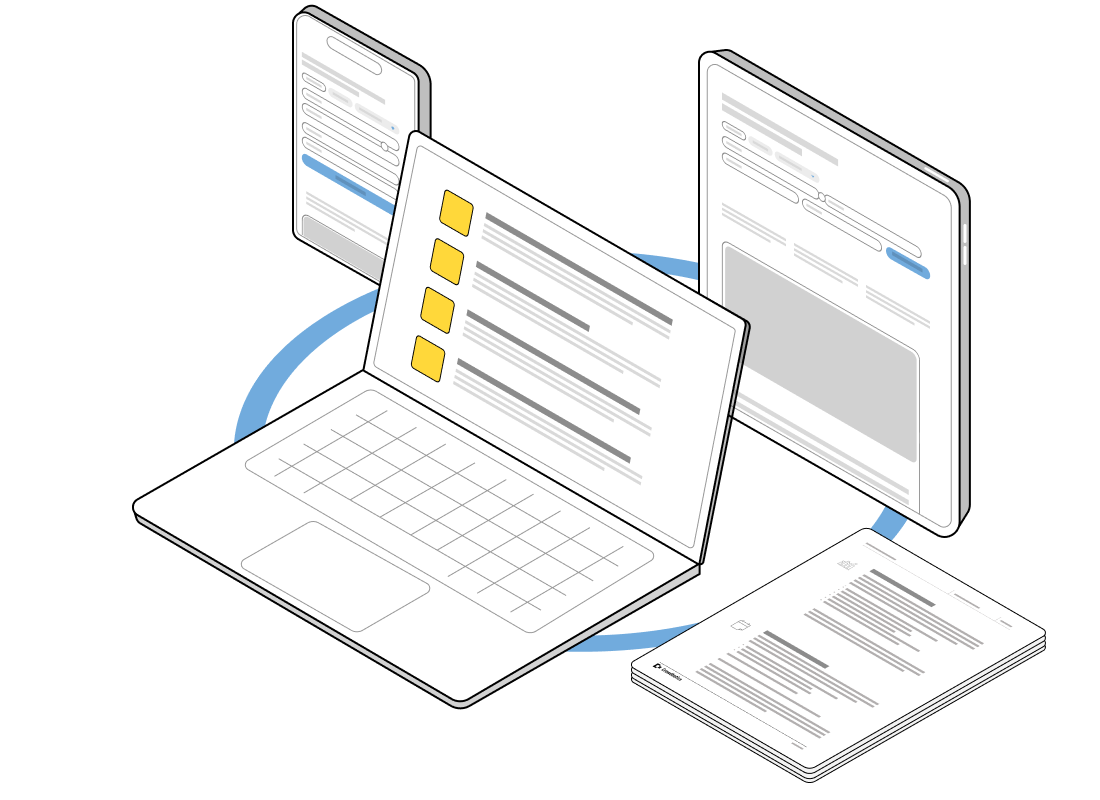What is an entertainment app?
An entertainment application is a web, mobile, or desktop application that enables users to view and share videos from media providers. Entertainment apps often include content recommendations, trending video lists, and social sharing features.
Entertainment apps share many features with other gaming, media consumption, and news curation apps. Some of the most popular entertainment apps today are Netflix, Hulu, HBO Now, and Pandora.
Examples of entertainment apps built with Crowdbotics:
- A media player app that includes the following: Audio Library, Video Library, and Playlist functionality. Admin ability to upload content and see who has watched it.
- A fun GPS app that uses celebrity/character voices.
- The app would allow a music artist to handle many aspects of an artist manager’s job, as they manage their own career. It would use AI to determine Creator strengths and weaknesses, develop career strategies, assess talent reliability and market potential. The app would also help clients by providing them with research, analytics, and insights to evaluate and invest in certified artists. It is designed to assist Creators in managing every aspect of their career from a mobile device they keep in their pocket.
What is the typical cost to build an entertainment app?
An entertainment app usually costs about $37,500 to build. However, the total cost can be as low as $25,000 or as high as $50,000. An entertainment app with a low number of features (also known as a minimum viable product, or MVP) will be more affordable than an app that includes all intended functionality.
For example, here are some previous entertainment app price quotes from Crowdbotics:
How long does it take to build an entertainment app?
An entertainment app usually takes 364 hours to build. However, an entertainment app can be built in as few as 67 hours, or in as many as 933 hours. The exact timeline mostly depends on how complicated your specific app is. As a general rule, it will take longer if you require highly custom designs, niche features, complex logic, or non-standard release platforms.
For example, some previous entertainment apps build with Crowdbotics received the following hourly estimates:
Not seeing what you’re looking for?
Crowdbotics has quoted and built hundreds of applications for teams of all sizes. Browse our historical estimates by industry and app type to understand possible costs and considerations.
How to successfully grow your entertainment application
Entertainment apps are typically used in short bursts, and the ability to share content with friends is a major incentive for users to keep coming back. Entertainment apps can use their viral growth strategies to develop new content that is highly engaging. They can also encourage user engagement by providing rewards for sharing content, such as extra lives or special in-app features.
Risks and challenges of building an entertainment application
An entertainment app faces risks related to copyright infringement, defamation, and the handling of sensitive personal information. It is recommended that an entertainment app build in mechanisms for filtering content and managing user ratings to reduce the risk of liability for user-generated content.


